Abstract:
Ethanol is considered an advanced biofuel with great potential to reduce global greenhouse gas (GHG) emissions, and currently sugarcane ethanol is an important contributor to a low carbon strategy for Brazil. To date, however, Brazilian ethanol planning has adopted a model focused on meeting demand, with an implicit assumption of the benefits of maximising ethanol production, without exploring in detail the broader consequences of the demand or responses to it. In Brazil, such planning processes are not subject under law to strategic level impact assessment, although some social and environmental analyses have been undertaken to support ethanol planning and decision making. In this paper we argue that ethanol planning must be undertaken with recognition of a broader context and a more encompassing set of societal objectives, and we discuss the potential contribution of sustainability assessment processes to align ethanol planning with the principles of sustainability. We commence by briefly reviewing some recent contributions to the theory of sustainability assessment that draw upon systems theory, resilience thinking and transition management. We then describe the current state of planning with respect to Brazilian sugarcane ethanol, and identify Brazil’s Decennial Plan for Expansion of Energy 2020 as a key document and the focus of our study. We then consider how sustainability assessment processes could inform medium-term sugarcane ethanol planning in Brazil, and identify three main areas for improvement
Reference:
DUARTE, Carla Grigoletto; POPE, Jenny ; GALLARDO, Amarilis Lucia Casteli Figueiredo ; GAUDREAU, Kyrke ; GIBSON, Robert B. ; MALHEIROS, Tadeu Fabricio . Sustainability assessment for Brazilian Ethanol: isights for the medium-term energy plan. In: ANNUAL CONFERENCE OF THE INTERNATIONAL ASSOCIATION FOR IMPACT ASSESSMENT, 32., 2012, Porto – Portugal. Proceedings…. 6 p
Ethanol is considered an advanced biofuel with great potential to reduce global greenhouse gas (GHG) emissions, and currently sugarcane ethanol is an important contributor to a low carbon strategy for Brazil. To date, however, Brazilian ethanol planning has adopted a model focused on meeting demand, with an implicit assumption of the benefits of maximising ethanol production, without exploring in detail the broader consequences of the demand or responses to it. In Brazil, such planning processes are not subject under law to strategic level impact assessment, although some social and environmental analyses have been undertaken to support ethanol planning and decision making. In this paper we argue that ethanol planning must be undertaken with recognition of a broader context and a more encompassing set of societal objectives, and we discuss the potential contribution of sustainability assessment processes to align ethanol planning with the principles of sustainability. We commence by briefly reviewing some recent contributions to the theory of sustainability assessment that draw upon systems theory, resilience thinking and transition management. We then describe the current state of planning with respect to Brazilian sugarcane ethanol, and identify Brazil’s Decennial Plan for Expansion of Energy 2020 as a key document and the focus of our study. We then consider how sustainability assessment processes could inform medium-term sugarcane ethanol planning in Brazil, and identify three main areas for improvement
Reference:
DUARTE, Carla Grigoletto; POPE, Jenny ; GALLARDO, Amarilis Lucia Casteli Figueiredo ; GAUDREAU, Kyrke ; GIBSON, Robert B. ; MALHEIROS, Tadeu Fabricio . Sustainability assessment for Brazilian Ethanol: isights for the medium-term energy plan. In: ANNUAL CONFERENCE OF THE INTERNATIONAL ASSOCIATION FOR IMPACT ASSESSMENT, 32., 2012, Porto – Portugal. Proceedings…. 6 p

